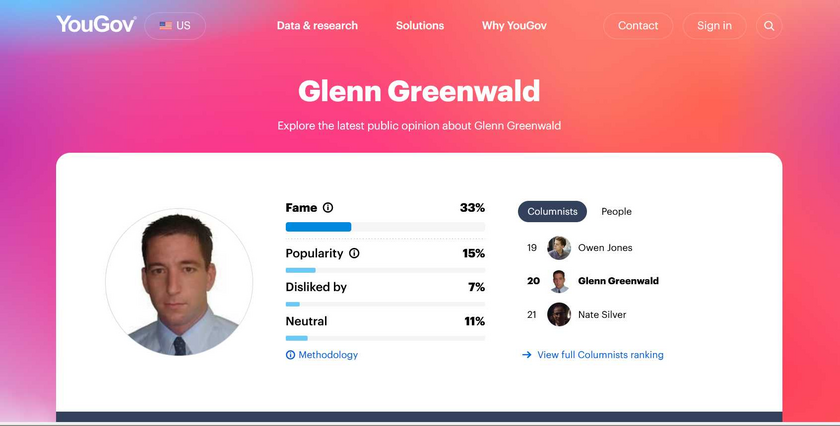Watch the full episode HERE
Good evening. It's Thursday, August 29.
As you can undoubtedly see, we are still not in our regular studio, in part due to some traveling that I'm doing but we are in a studio, specifically, the Locals studio based in South Florida, and it seems to be working very well. I will talk on our After-Show on the Locals platform a little bit of the reason why I'm traveling.
For tonight, though, online free speech and increasingly authoritarian governments have been on a collision course for quite some time. We have twice reported this week, both on Monday and then again last night on the extremely disturbing and dangerous arrest and now indictment by French officials of Telegram founder and CEO Pavel Durov, accusing him of a series of felonies for essentially refusing to censor in command to provide government backdoor access to this encrypted app.
Now, in Brazil, a country that has in many ways led the way in showing democratic states how to crack down on online free expression, a long-simmering war between the social media platform X, on the one hand, and Brazil's authoritarian censorship Judge Alexandre de Moraes, on the other, may very well result as early as tonight – in fact, within 10 or 15 minutes – in the nationwide banning of X in all of Brazil, banning of it at the IP level, as a result of his refusal to cooperate sufficiently with censorship orders from this judge, as well as X’s refusal to send one of its officials to be in Brazil physically, given this judge's explicit threats to arrest X executives until his censorship orders are fully carried out. Brazil is the fifth most populous country on the planet and the third or fourth highest online user population in the world. The very idea that 215 million people in Brazil will be forcibly blocked from reading or using X – unless they know how to use VPNs – illustrates just how extreme these censorship trends are becoming, not only in Brazil, but for governments throughout the ostensibly democratic world, which are now willing to go to very extreme lengths to turn their countries into closed information systems where no dissent is allowed and only those who serve government dogma are permitted to be heard.
That may sound like an exaggeration – I realize that – and maybe six months ago it might have been an exaggeration although these trends have been long clear and we've been talking about them for a while. But now, there is no other way to describe what is happening, not just in Brazil, but throughout the democratic world. So, we'll tell you about all of the latest and the reasons it has implications for the United States and for Western Europeans as well.
Then: Donald Trump achieved so much remarkable success in the 2016 election, both in the GOP primary, where he destroyed one establishment-backed candidate after the next, starting with Jeb Bush, then Marco Rubio, finally Ted Cruz, and then defeating Hillary Clinton in the general election against all predictions and odds. Remember that he did so by running not only standard old-school establishment Republican platform or messaging campaign. To the contrary, he vehemently rejected the establishment wings of both political parties as equal representatives of what he called the DC swamp, ranted against Bush-Cheney orthodoxy on foreign policy and even Reaganesque economic policy as well. And that was a winning strategy. But in 2024, many believe that Trump's campaign and Trump himself have lost a lot of that populist and anti-establishment rhetoric and spirit in exchange for relying on the old-school Republican playbook, things like calling the neoliberal Democratic Party communists and warning that they are coming for corporate wealth and profit.
One of those who believe that is the very astute and heterodox conservative writer Sourabh Murray, who is the founder and editor of Comcast Magazine. His latest article in the British journal New Statesman is entitled Trump's Identity Crisis and explores whether Trump has strayed fully or close to fully from the 2016 message to his detriment. I'm going to talk more about that article. I don't necessarily agree with all of the points, but I think that's certainly worth hearing.
For now, welcome to a new episode of System Update, starting right now.

























